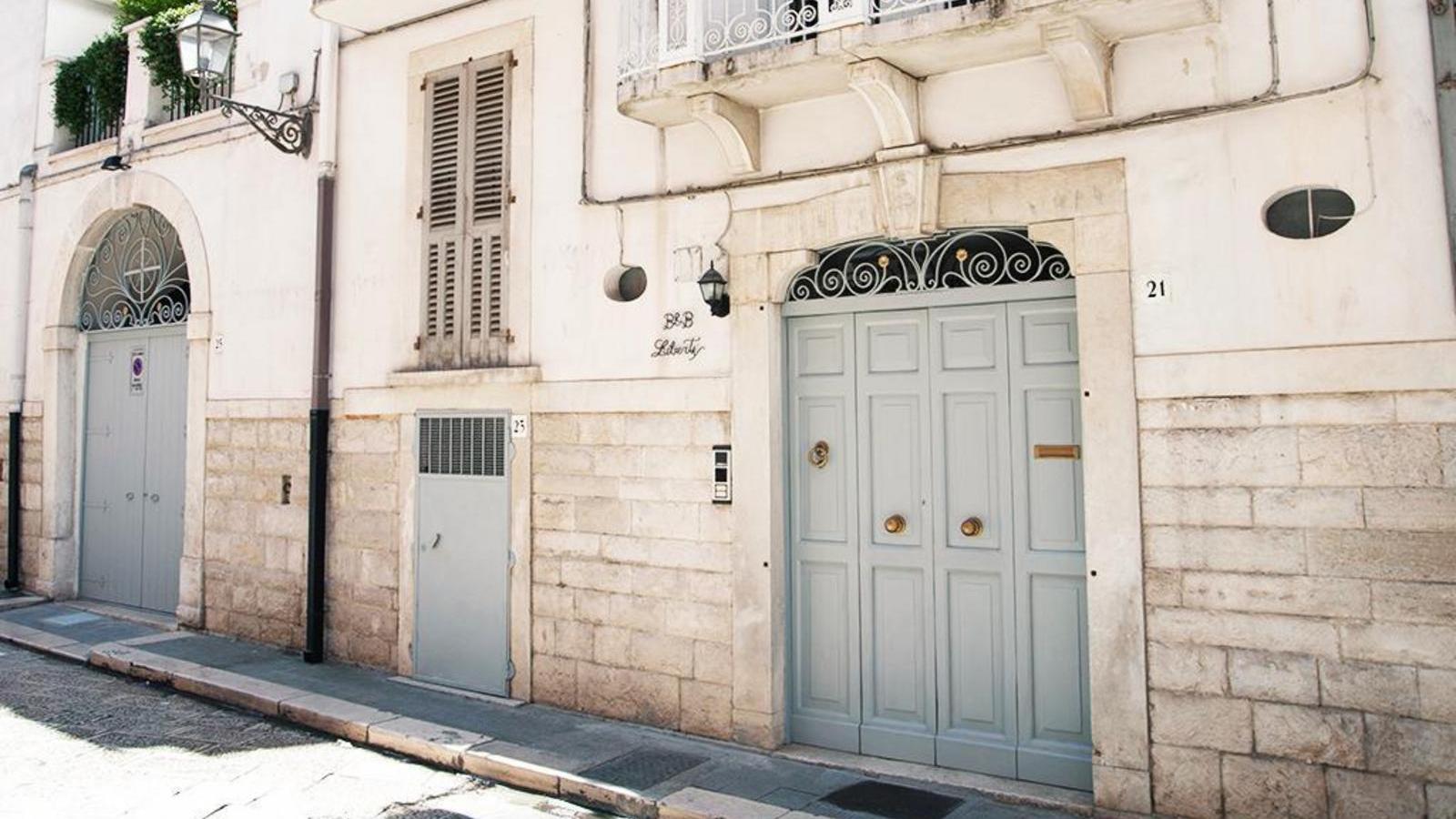Granary Pits - Cerignola
Informations
"The 'granary pits' are underground structures historically used for the storage of wheat and other cereals. This method of storage in pits dug into the ground has been used in various parts of the world, including the area of Cerignola, in Italy.
In the context of Cerignola, the granary pits were an integral part of the local economy, especially because this area has historically been an important agricultural center with significant cereal production. These underground structures provided a cool and dry environment, ideal for preserving grain away from moisture, insects, and rodents, thus ensuring a food reserve during periods of famine or scarcity.
The granary pits are sometimes called 'underground granaries' and can be quite large, with access through an opening at the top. Their construction and use reflect ancient wisdom in managing food resources and agricultural planning.
The existence of these pits is documented for the first time in 1225 in the Codice Diplomatico Barese, but it was only in 1581 that explicit reference was made to the area in front of the Church of San Domenico. Some of these pits are believed to date back to Roman times, although most are of medieval origin. Their importance increased with the establishment of the Sheep Customs, combining pastoral activity with intensive cereal cultivation.
In 1840, activities related to the Granary Pits were regulated by a specific regulation. At the beginning of the 20th century, the number of pits reached about 1,100, but in the last fifty years, there has been a decline, with many of them being replaced by above-ground metal silos. Today, 625 pits remain, of which about 200 are still in use.
The granary pit has a particular structure: a bell-shaped cavity dug into the karst ground, with interior walls lined with stone or bricks and whitewashed with lime milk, which today is often replaced by concrete. The circular opening skims the surface, with standardized dimensions allowing for the storage of large quantities of cereals and other agricultural products.
The loading of the pits was done through a small funnel-shaped opening, with the system evolving over time to improve insulation and practicality. Each pit is identified by a stone marker with the owner's initials and a sequential number engraved on it.
The Granary Pits of Cerignola, given their historical and cultural significance, have been under protection by the Superintendence for the Artistic, Archaeological, and Historical Heritage of Puglia since 1982, representing a unique heritage of agricultural management and preservation in the region."
Location
- Address : Piano S. Rocco, 71042 Cerignola FG
Discover our territory
In the surroundings of: Gelateria Tutto Amore
Experience our territory
In the surroundings of: Gelateria Tutto Amore
Where to Eat
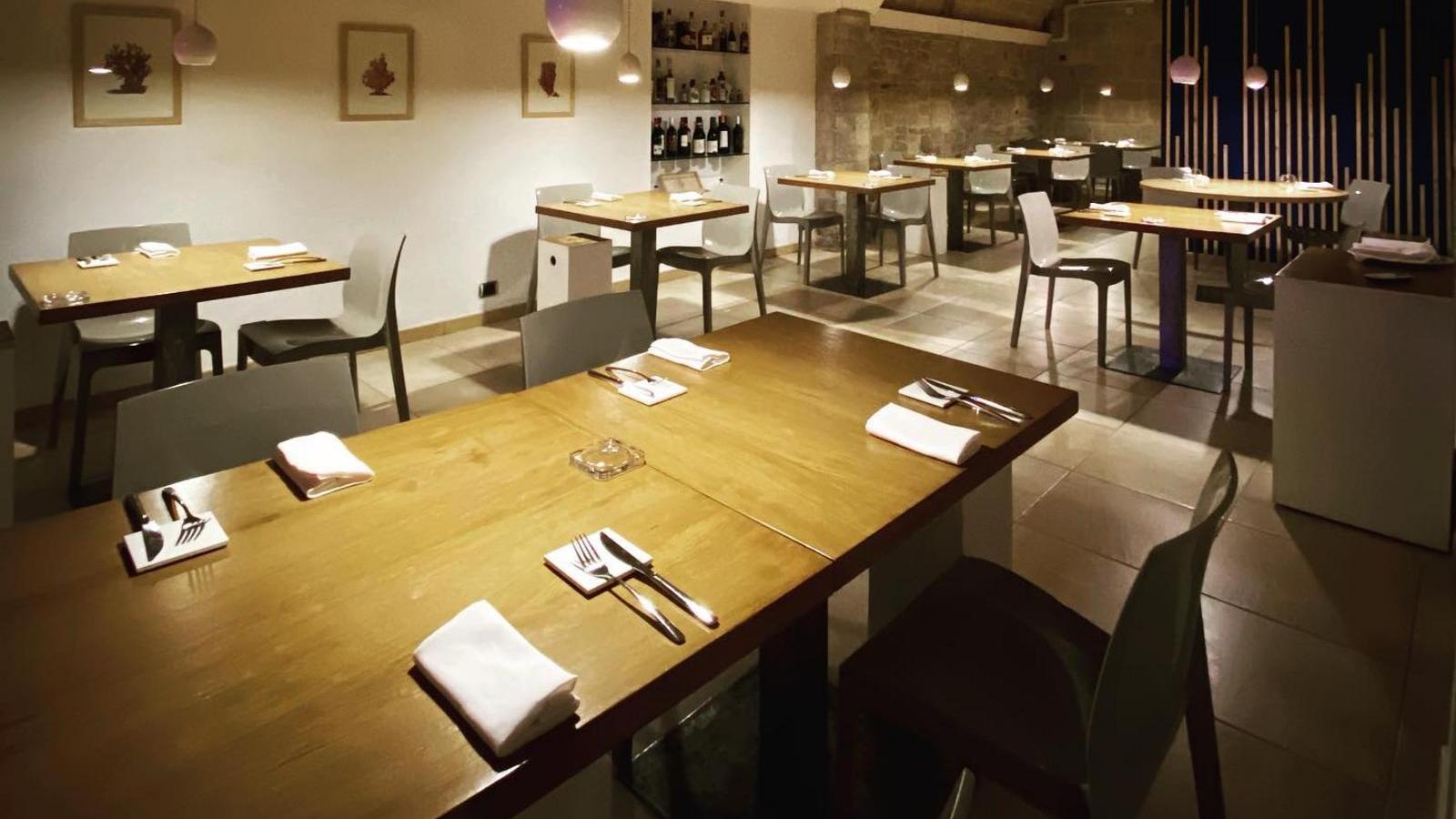
Our menu is based on a modern reinterpretation of ingredients offered by our land, blended to create...
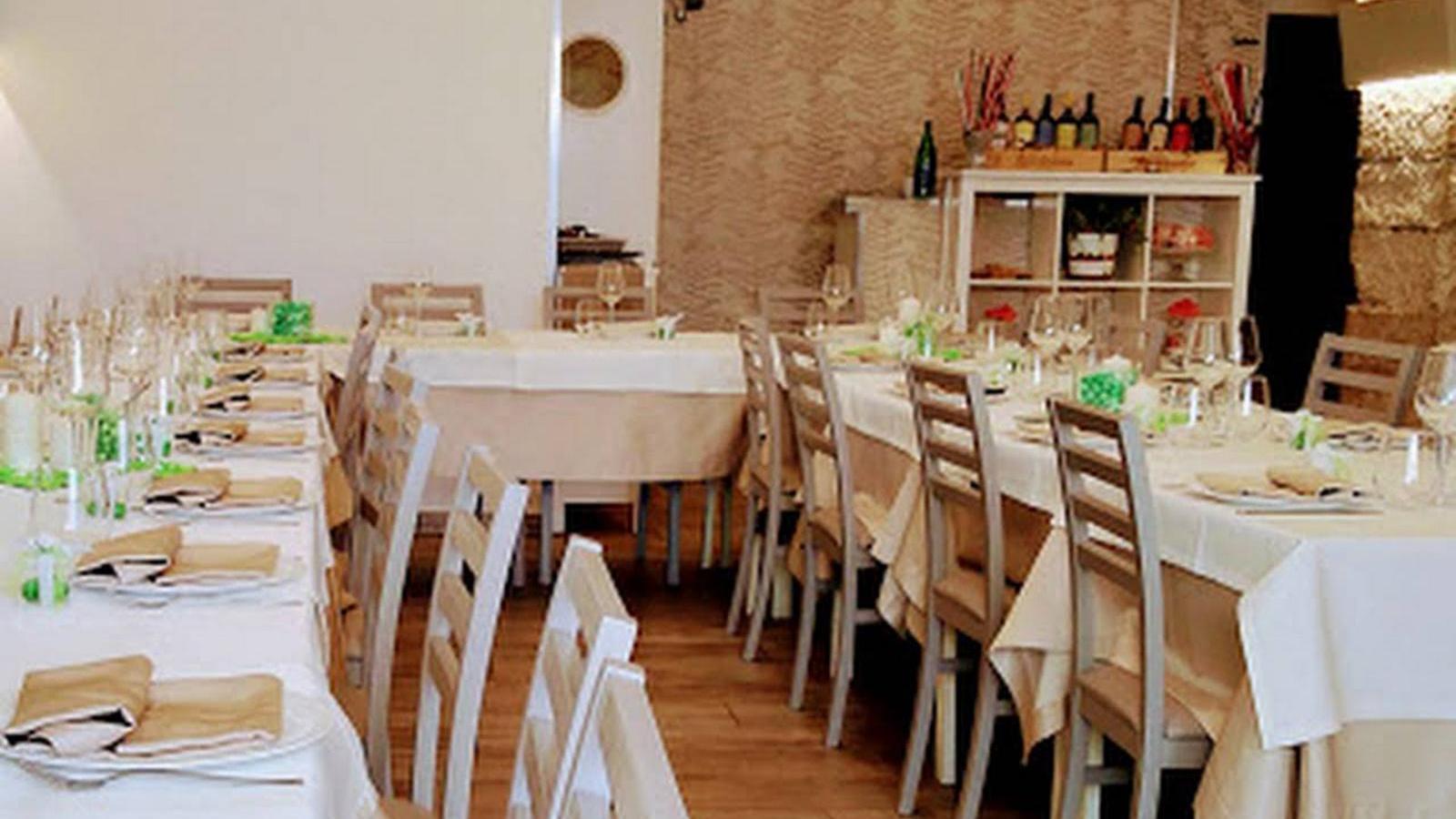
At the Osteria La Perla del Sud (Trani) we will be able to take care of you: many seafood and land s...

Pizzeria Lievito 72 is located in the center of Trani, near the station. The dough of our pizzas is ...

A lot of determination, a good dose of creativity and a pinch of healthy madness. These are the secr...

Passion, attention and research. The dishes of our chef Domenico Di Tondo embrace a wide range of pr...
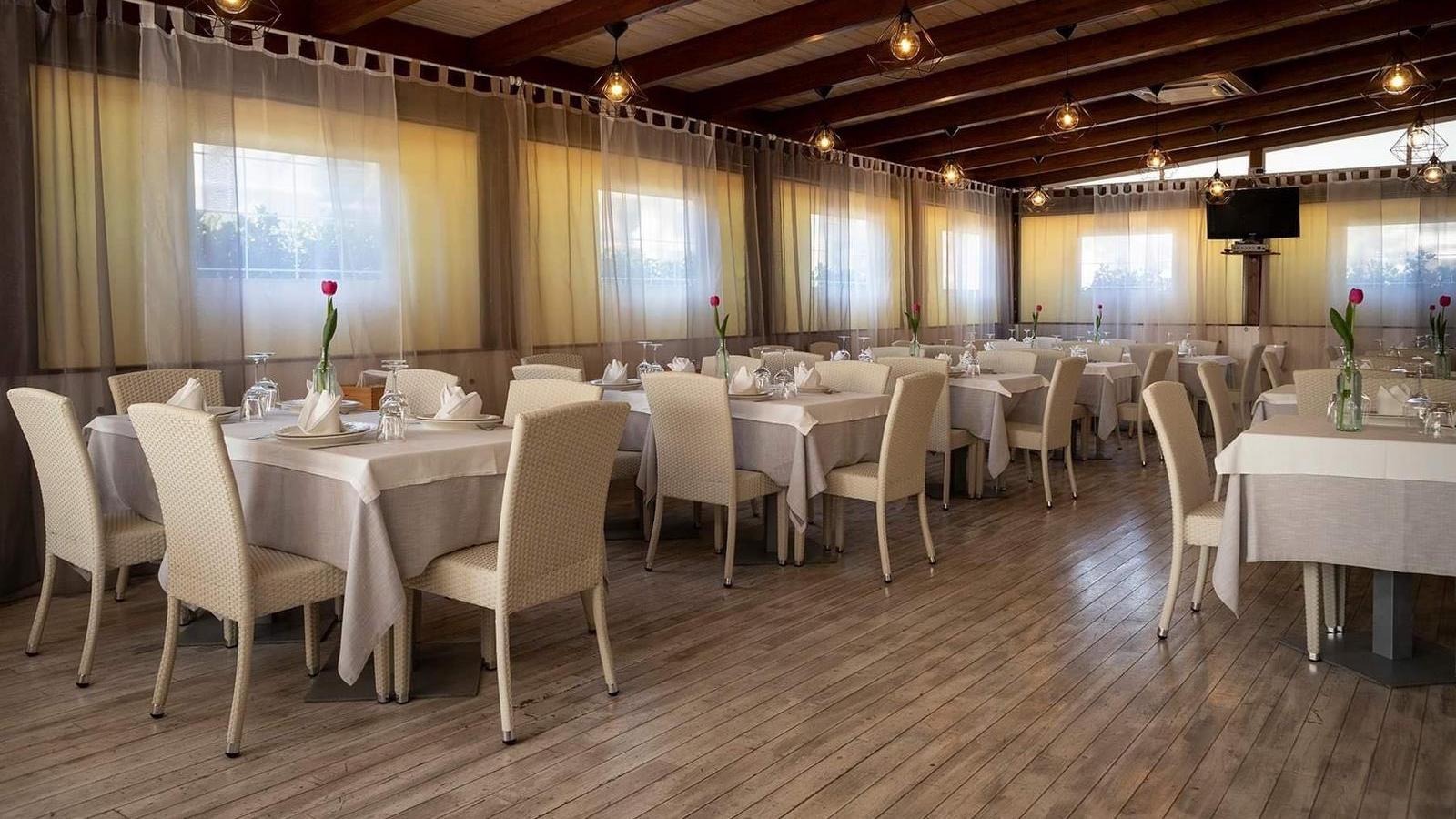
The Happy Days Restaurant, owned by the Pantaleo and Sergio Uva brothers, is the ideal setting for s...

Located on the Levante coast road in Barletta, the Bagni Teti pizzeria restaurant has always been a ...

At Pizzeria Imperiale we know well that pizza is a serious matter, and that is why the cult of pizza...

The 21 Gennaio Restaurant, based in Andria, has two large rooms and an adjacent one with a private a...
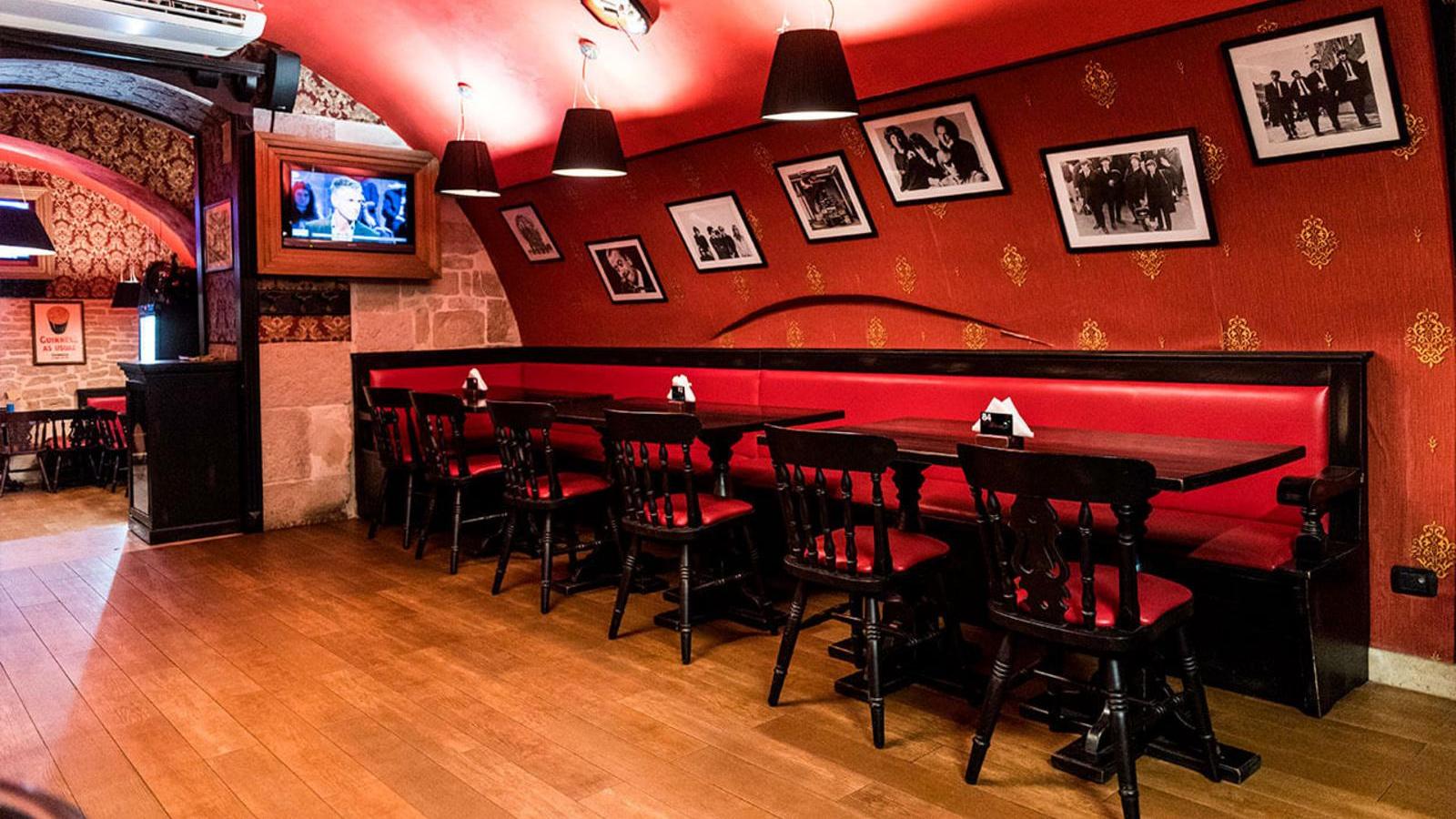
The Saint Patrick Irish Pub boasts its strong point in the not indifferent musical programming: famo...
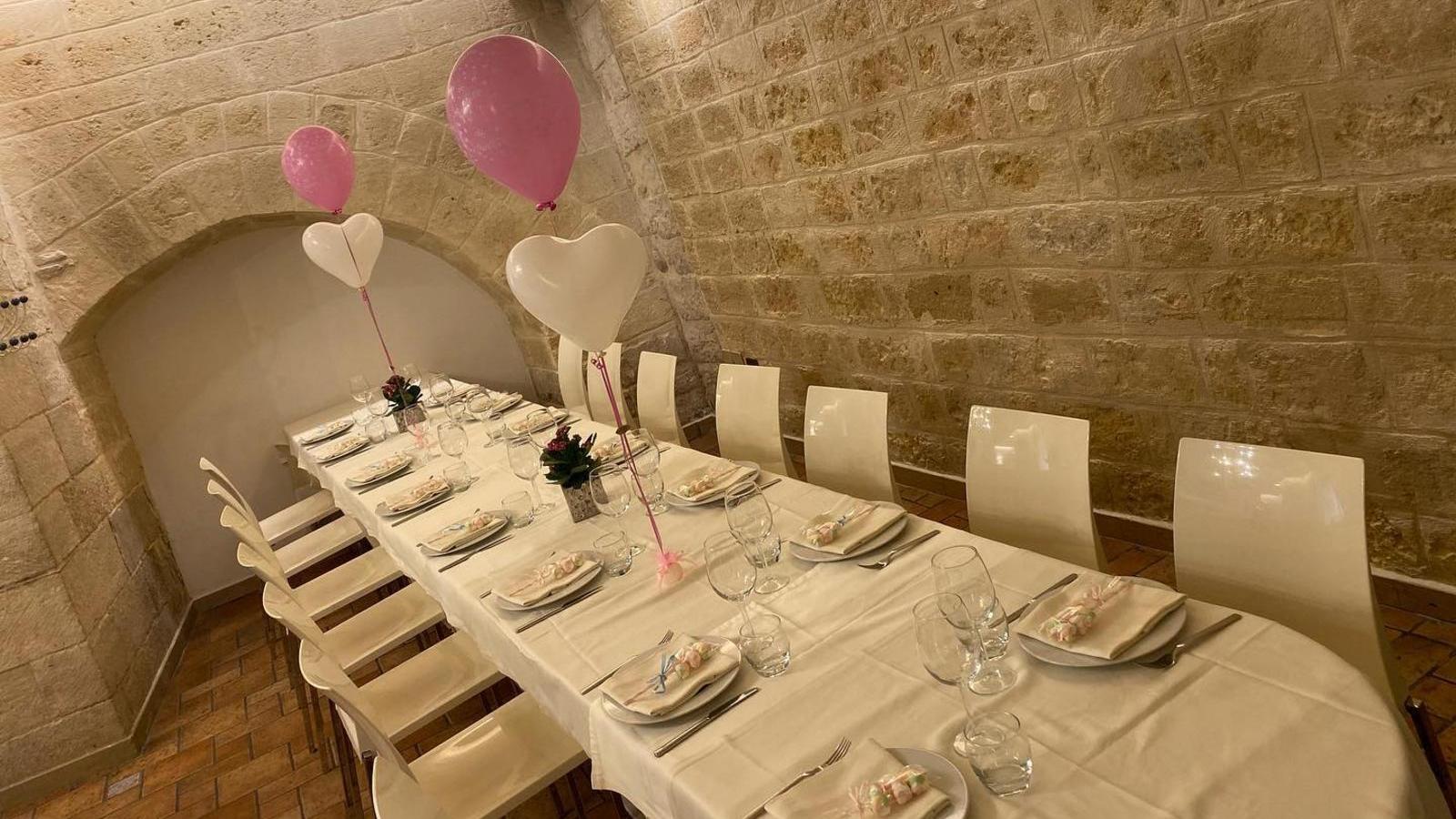
The Al Vecchio Forno Restaurant describes itself with the dishes and aromas it brings to the table e...
Where to Sleep
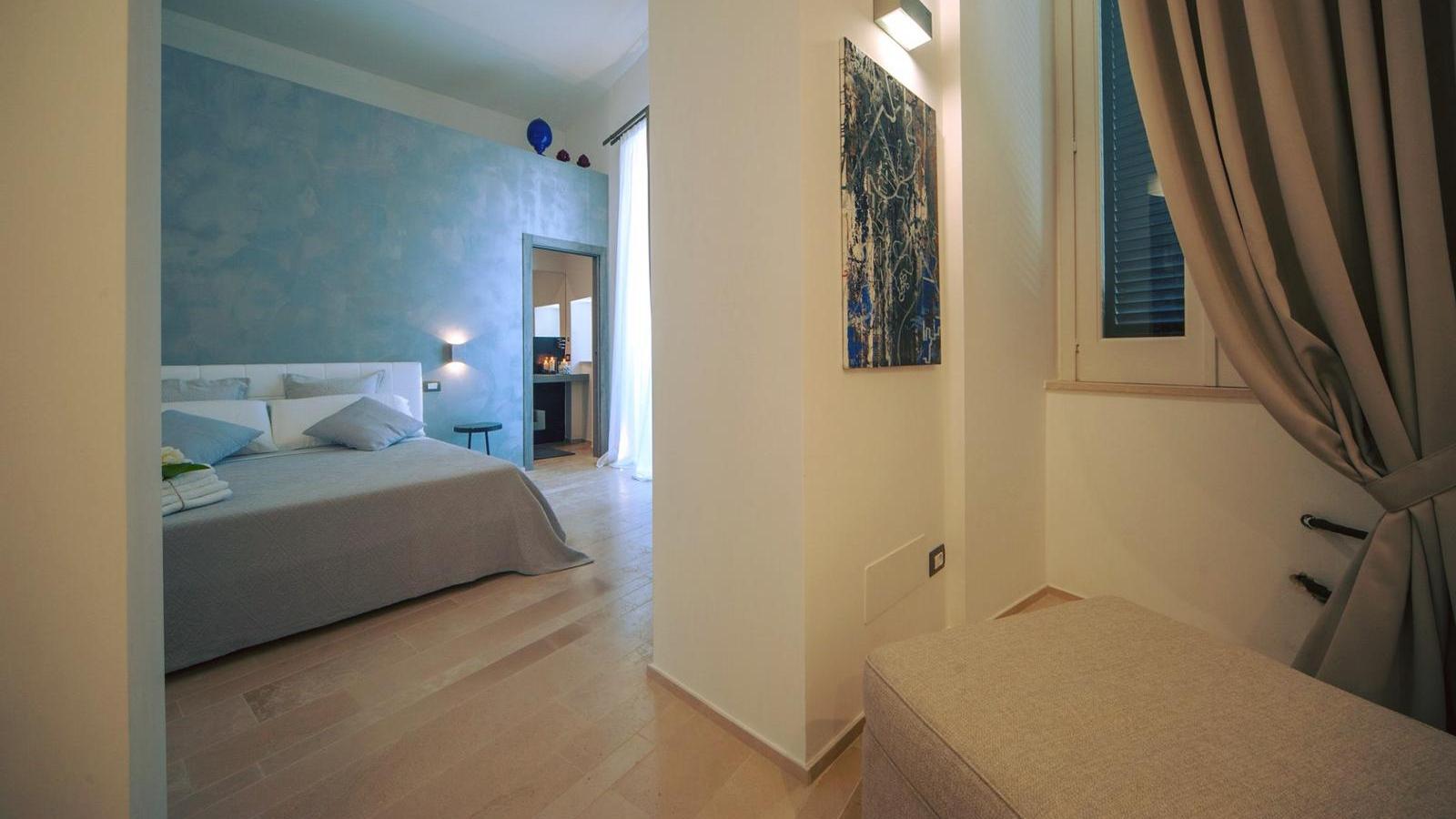
The B&B Tabula Maris is located in the ancient center of Trani, in via Ognissanti, a stone's throw f...
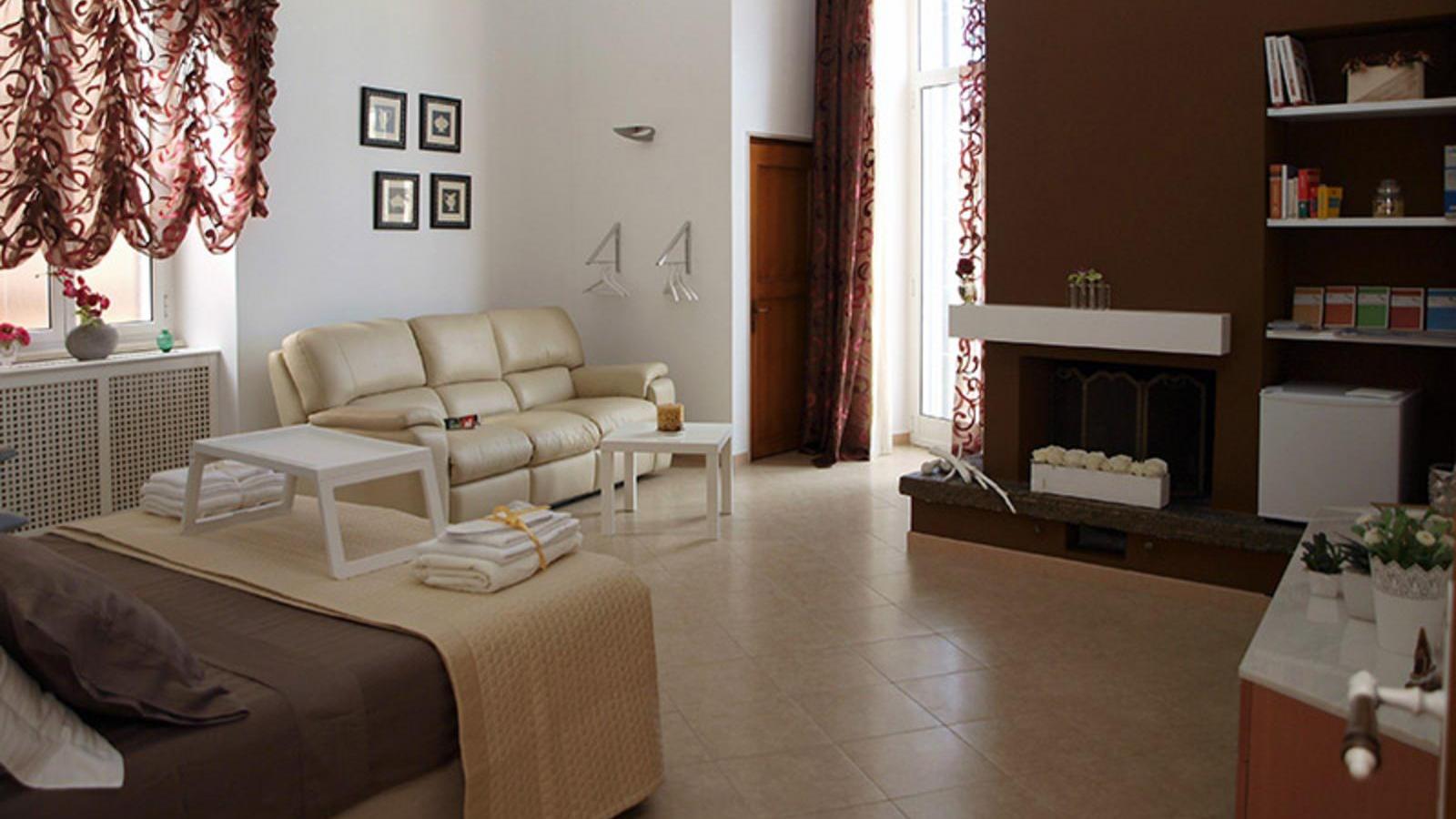
The B&B Le Marinelle is just a few meters from the enchanting marina and the main bars and restauran...

The Hotel Marè Resort in Trani is the ideal place for a charming stay in the trendiest region of th...
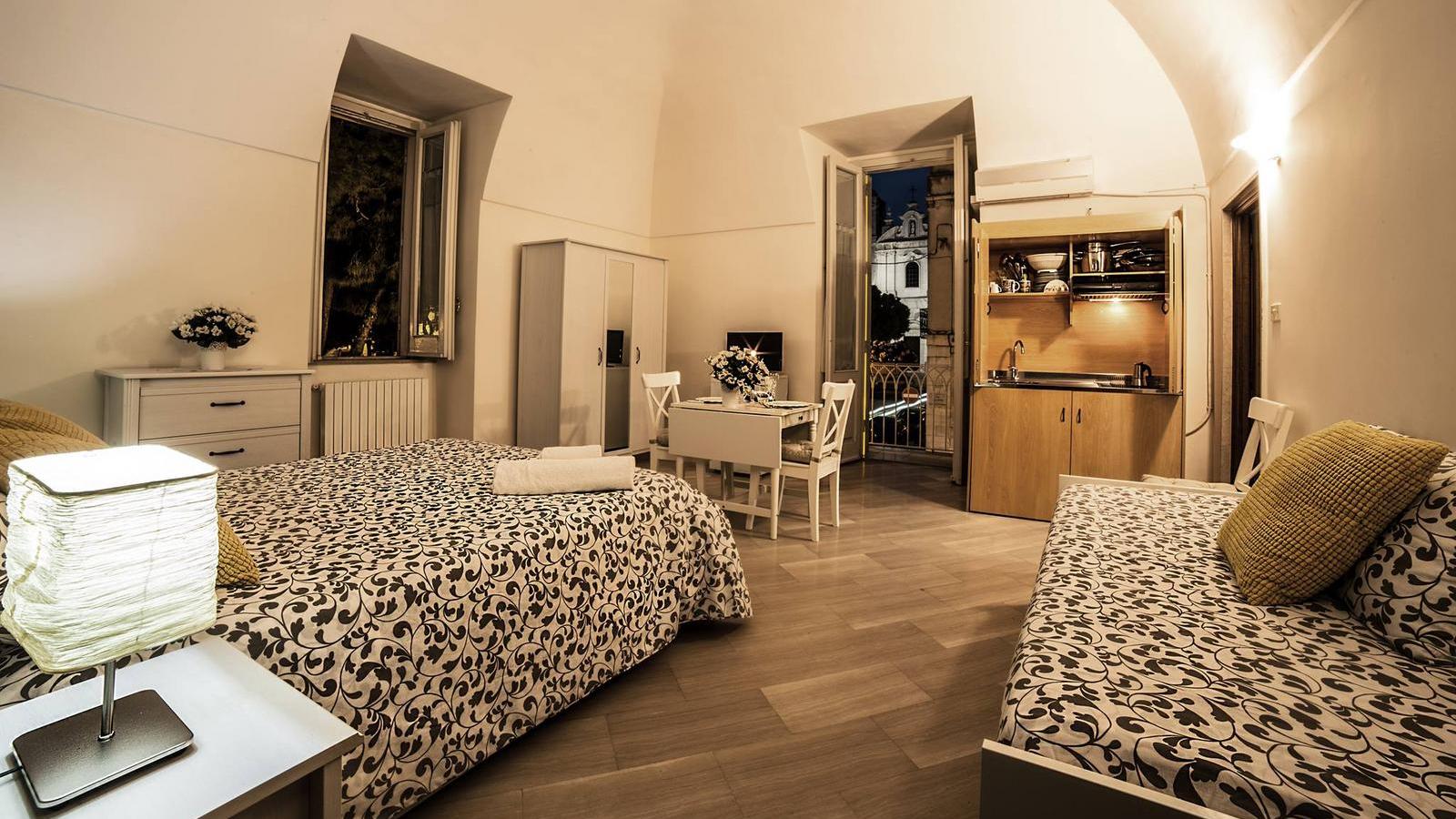
Your trusted Bed and Breakfast in Trani. Comfortable and welcoming, in the historic center of Trani,...
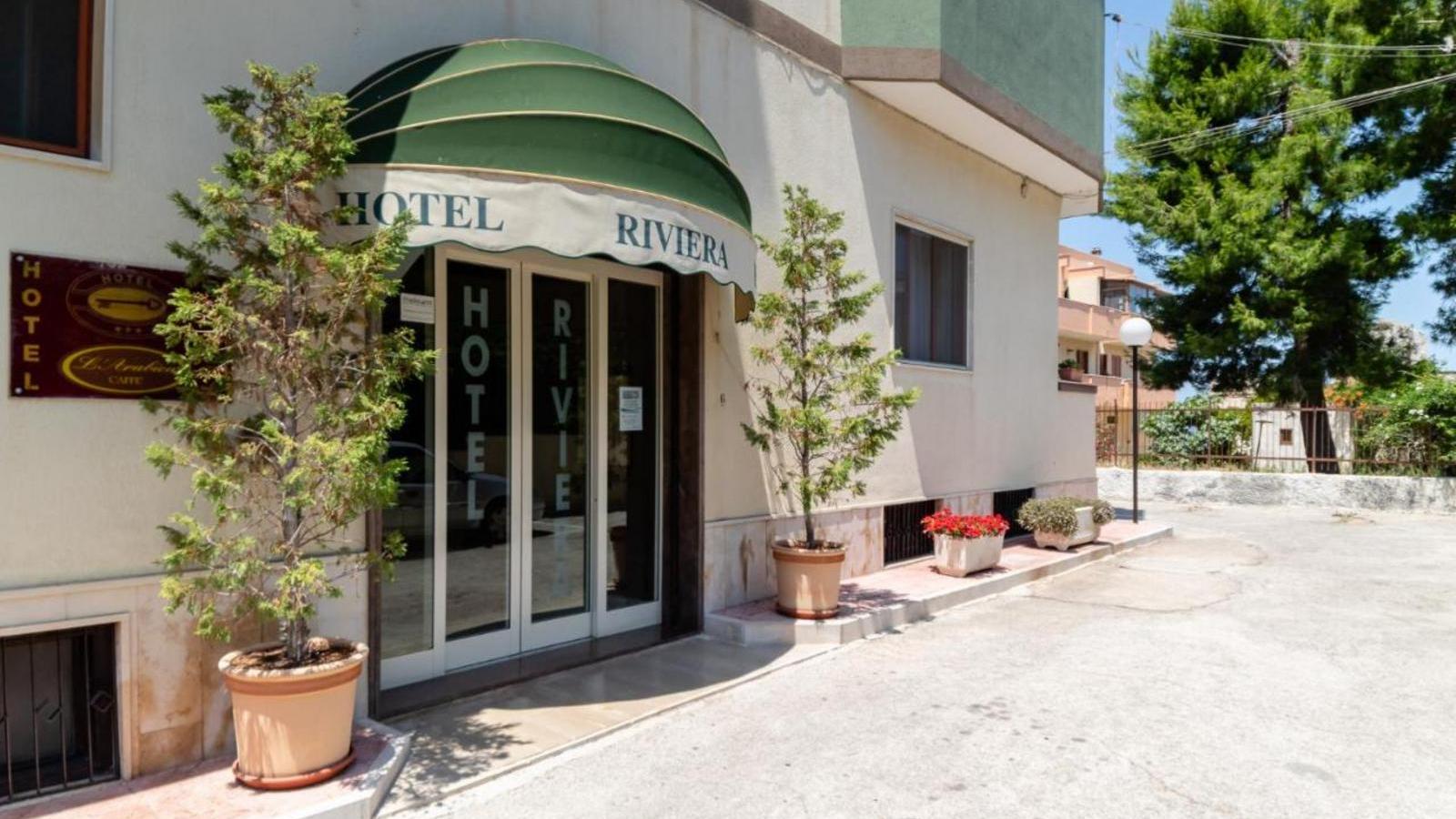
The Riviera Hotel is located a few steps from the beautiful setting of the Trani seafront. We will b...
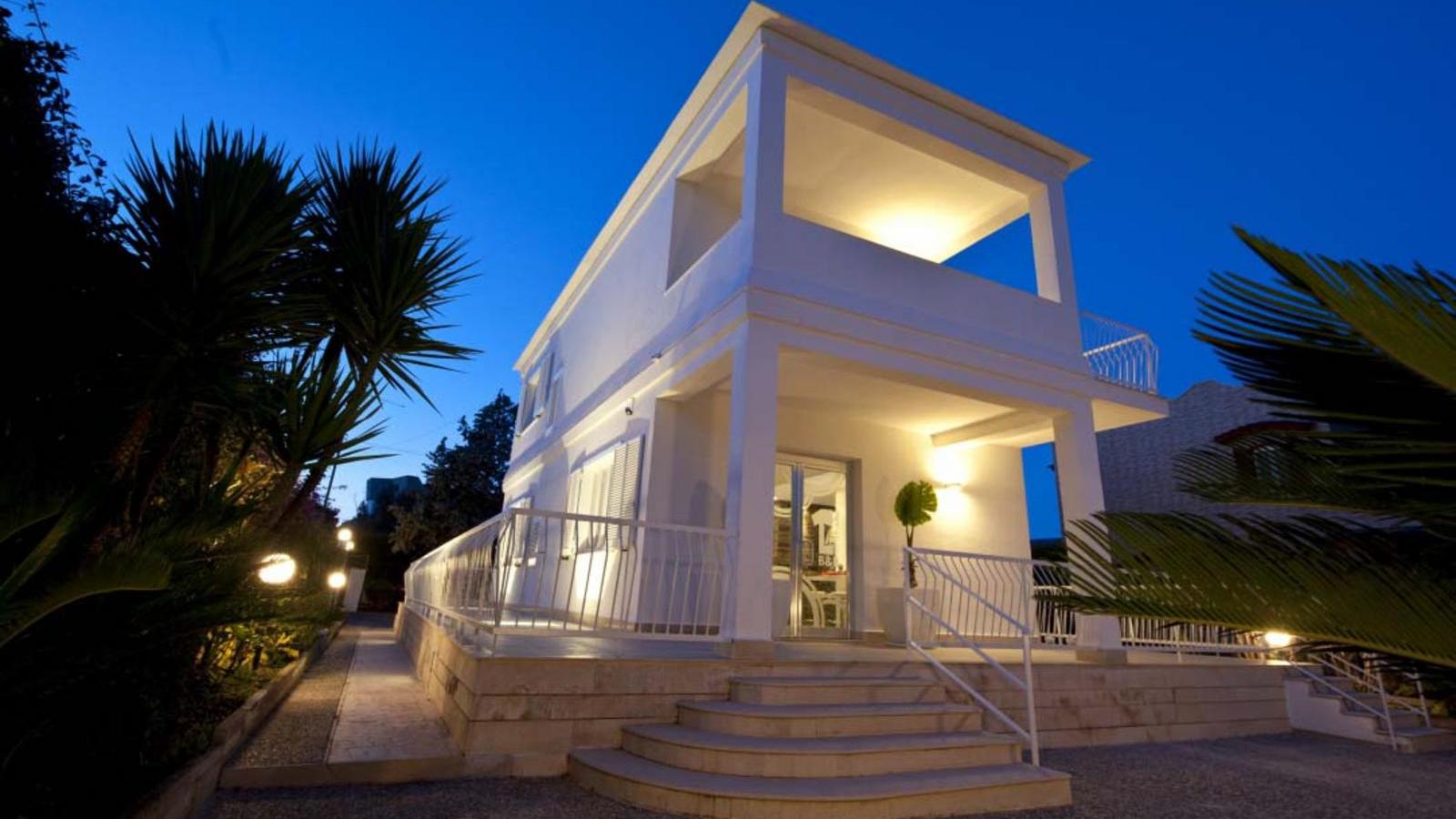
Nestled in the splendid coast of Bisceglie, a stone's throw from the sea, B&B Numero Uno was built a...
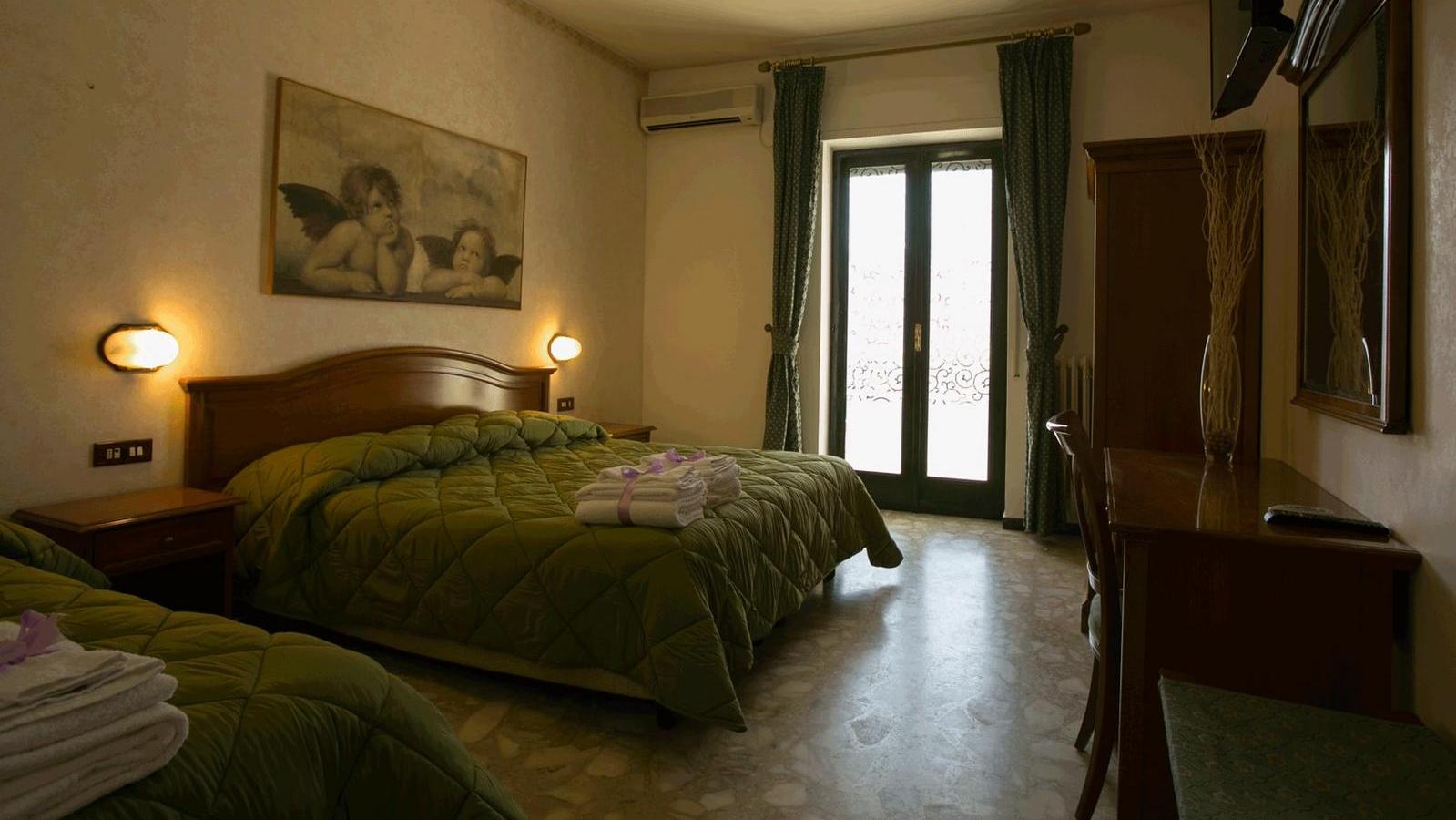
From the great love for our land was born Hotel Bisceglie, a bed & breakfast managed hotel. Traditio...

The Hotel La Terrazza is a facility equipped with every comfort: swimming pool, beach reserved for g...

Born on the principles of the elements, where design and refinement meet creating a splendid harmony...

B&B Elles is a structure designed with taste, refinement and love for attention to detail. The 48m²...
Events
In the surroundings of: Gelateria Tutto Amore

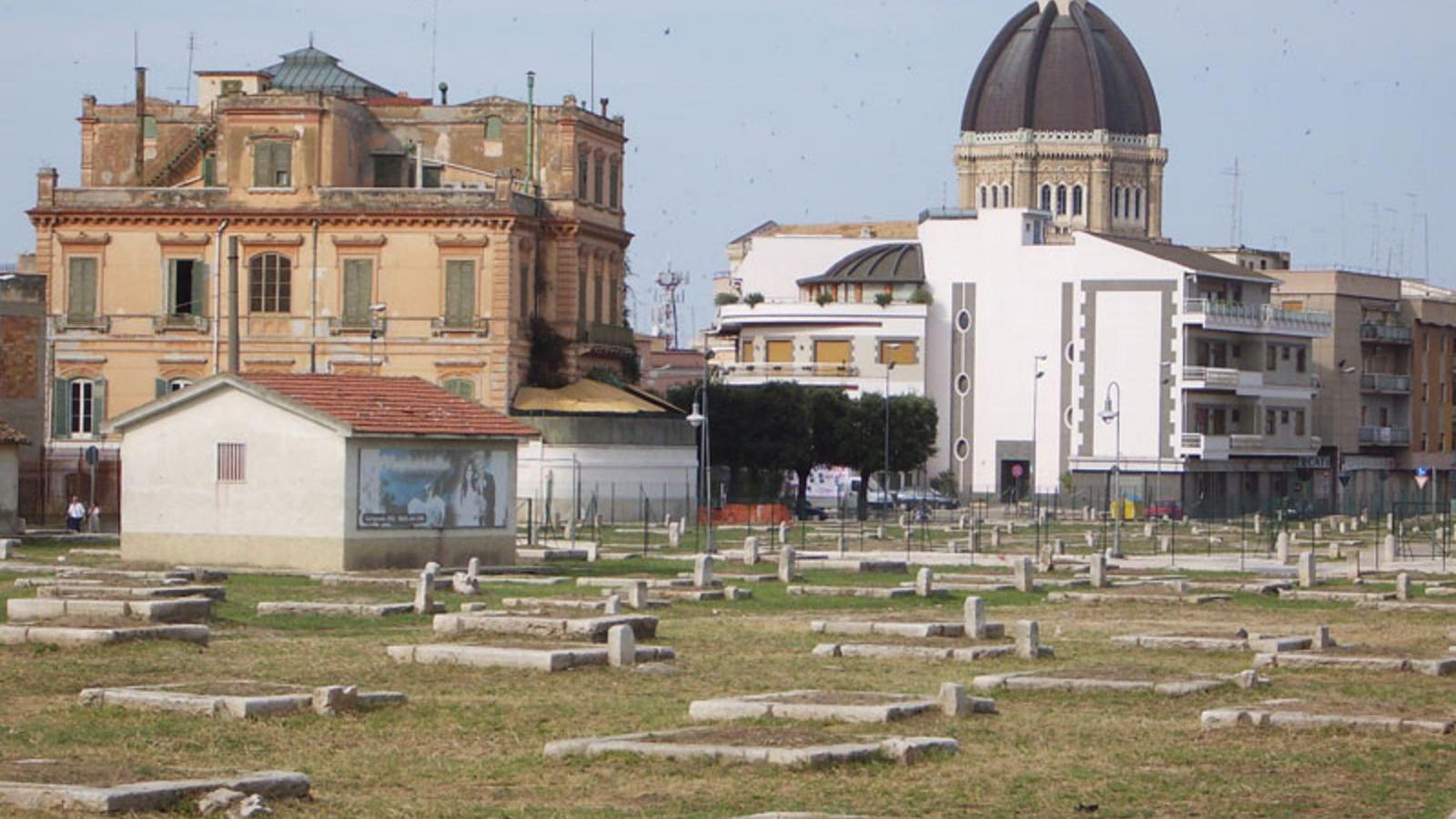

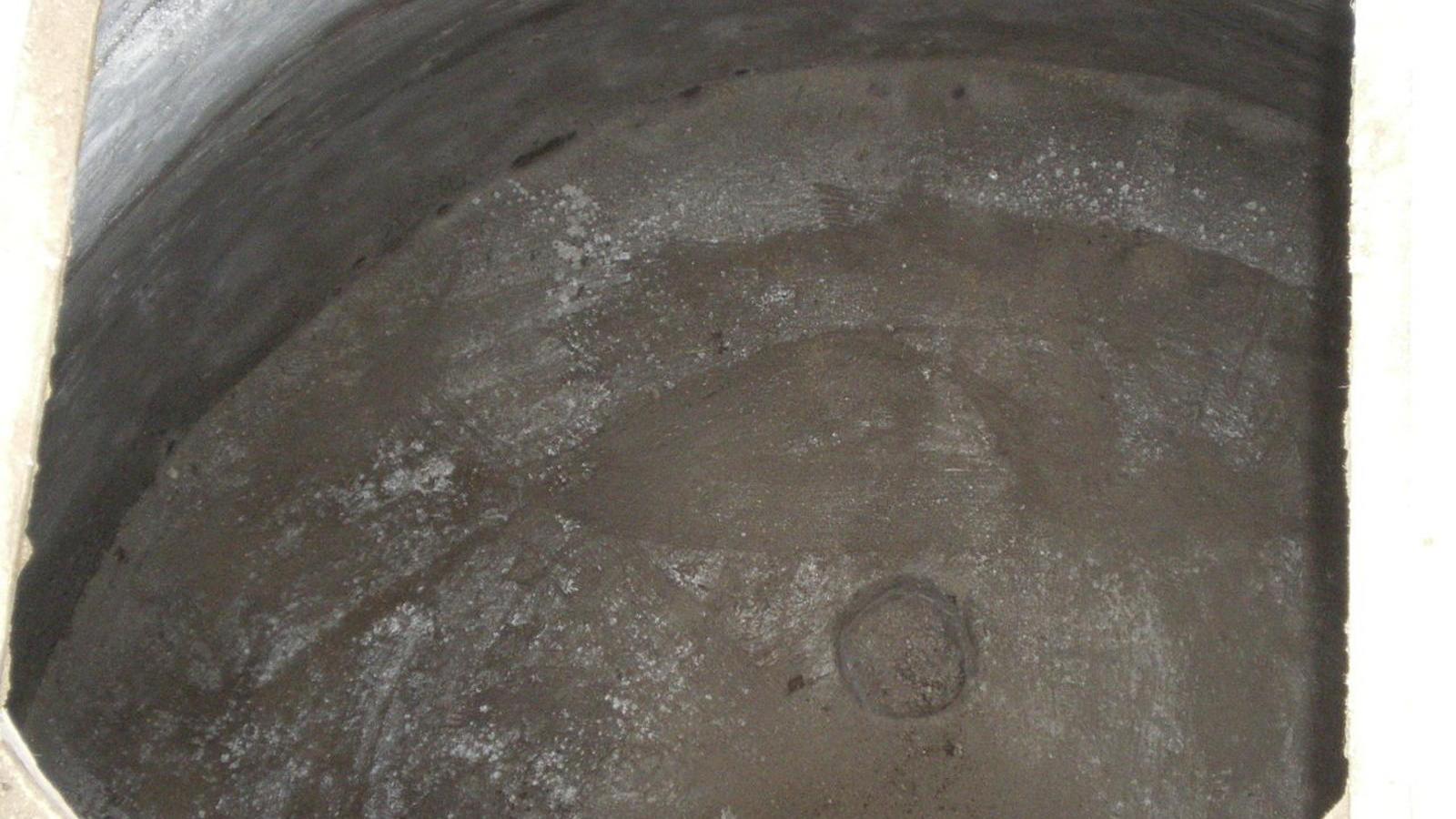
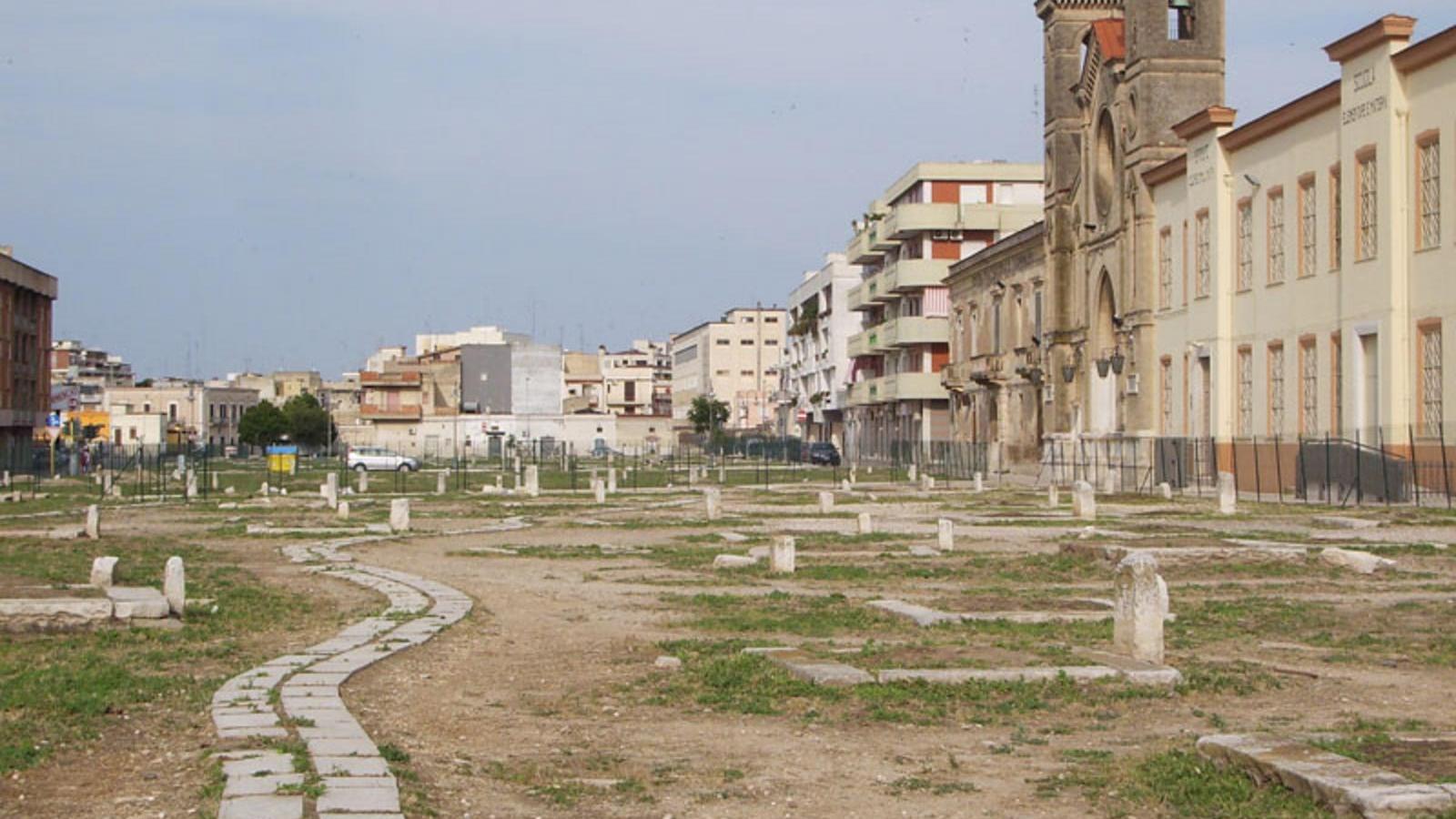
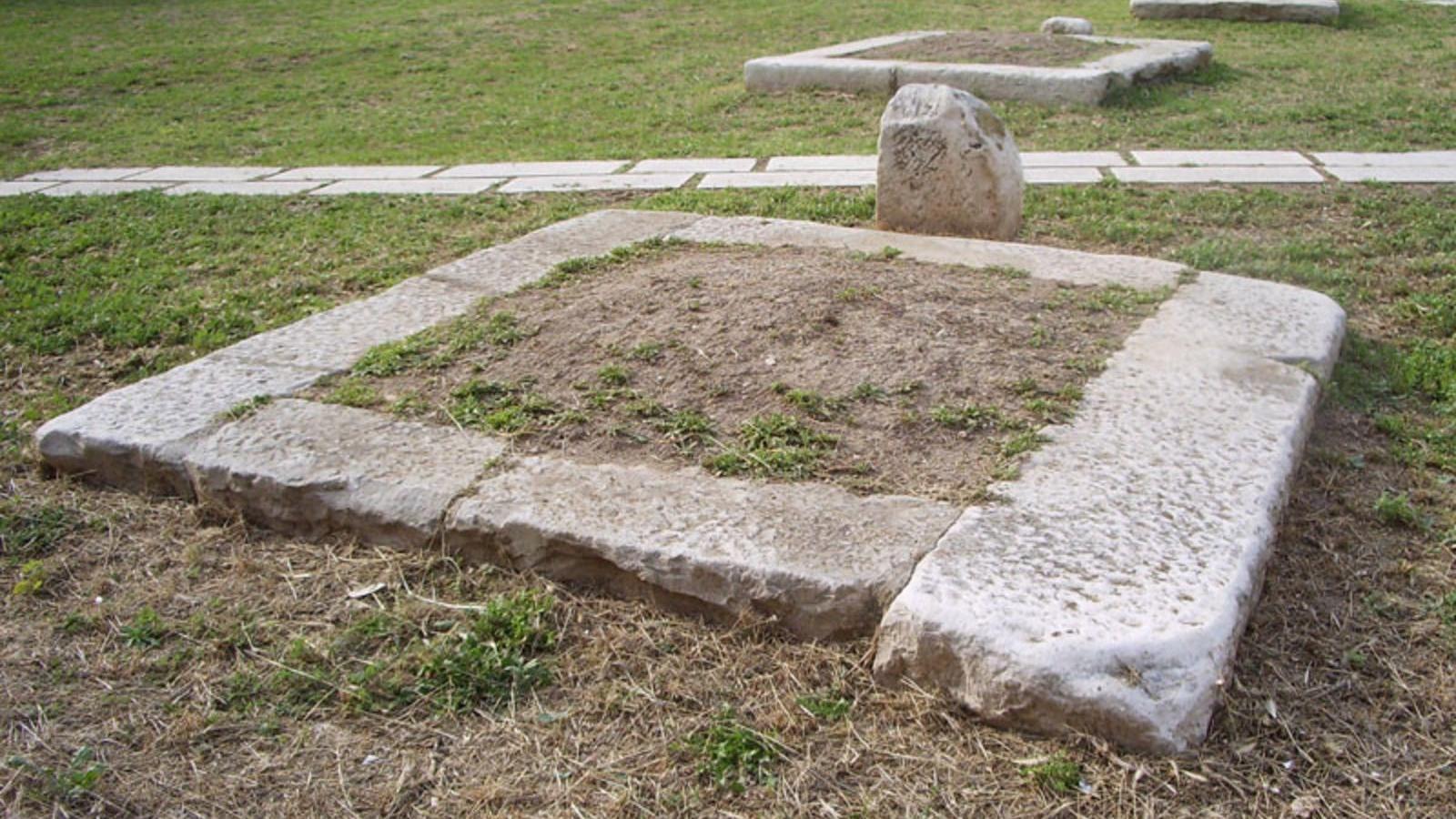
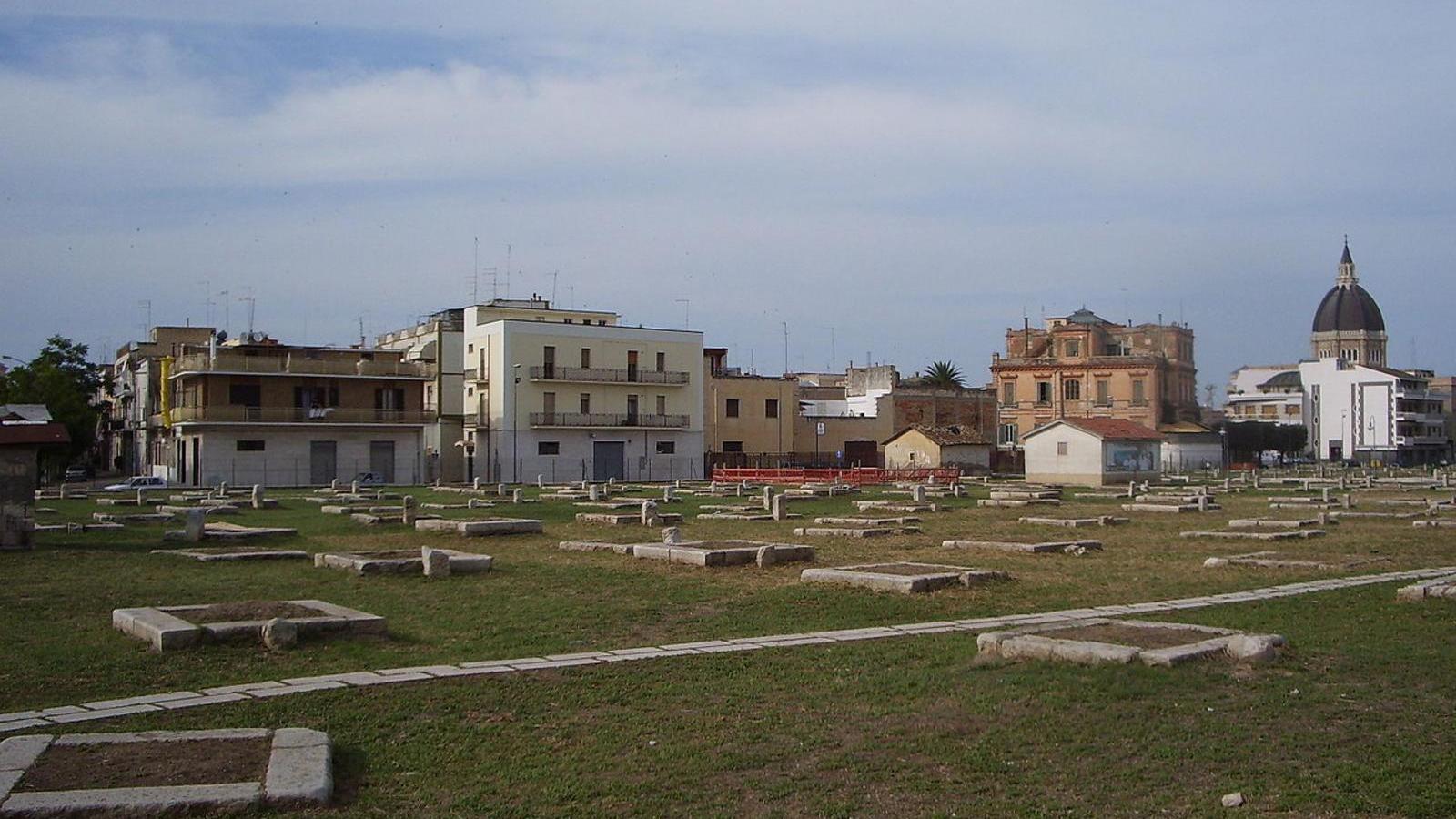
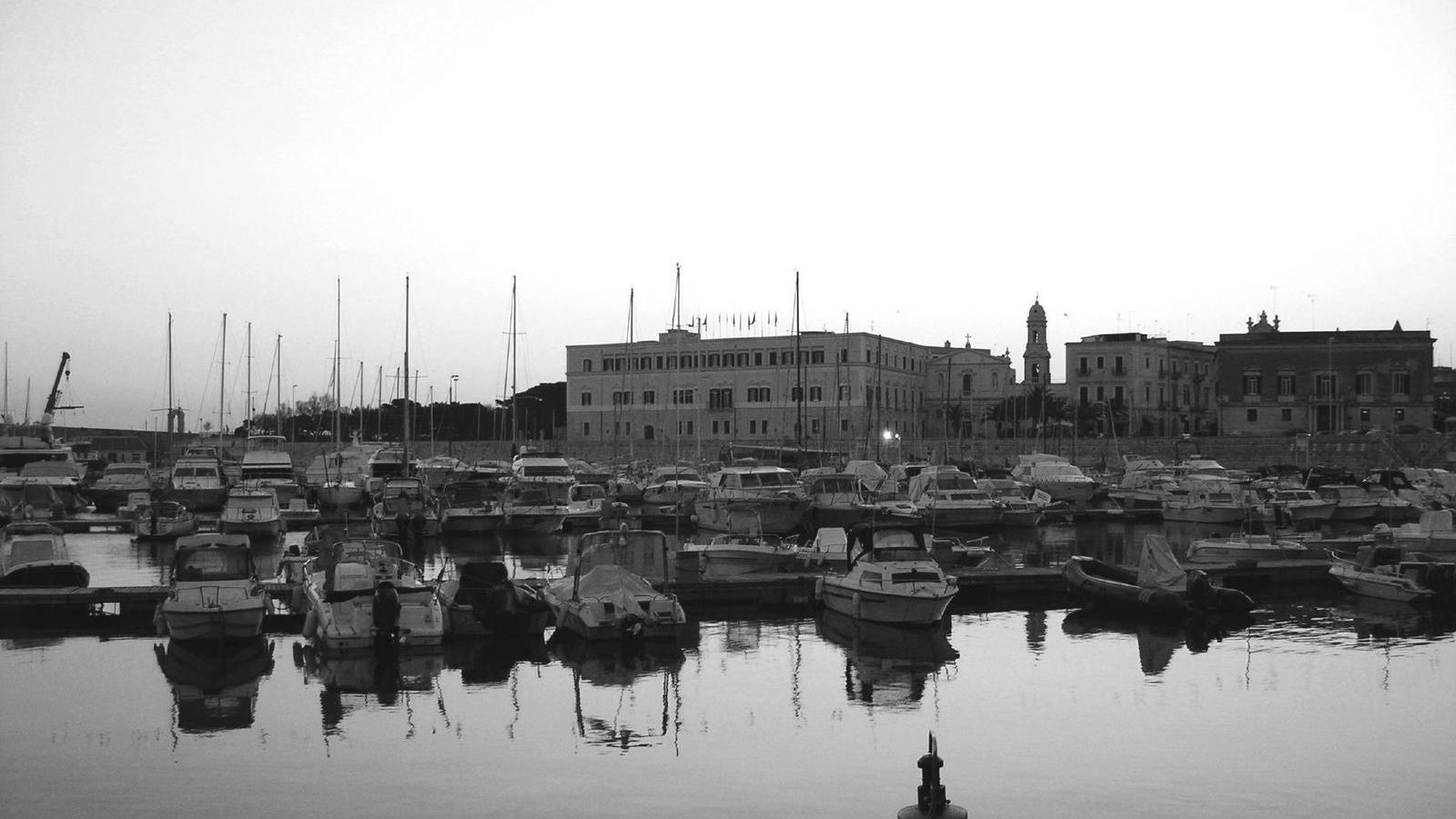
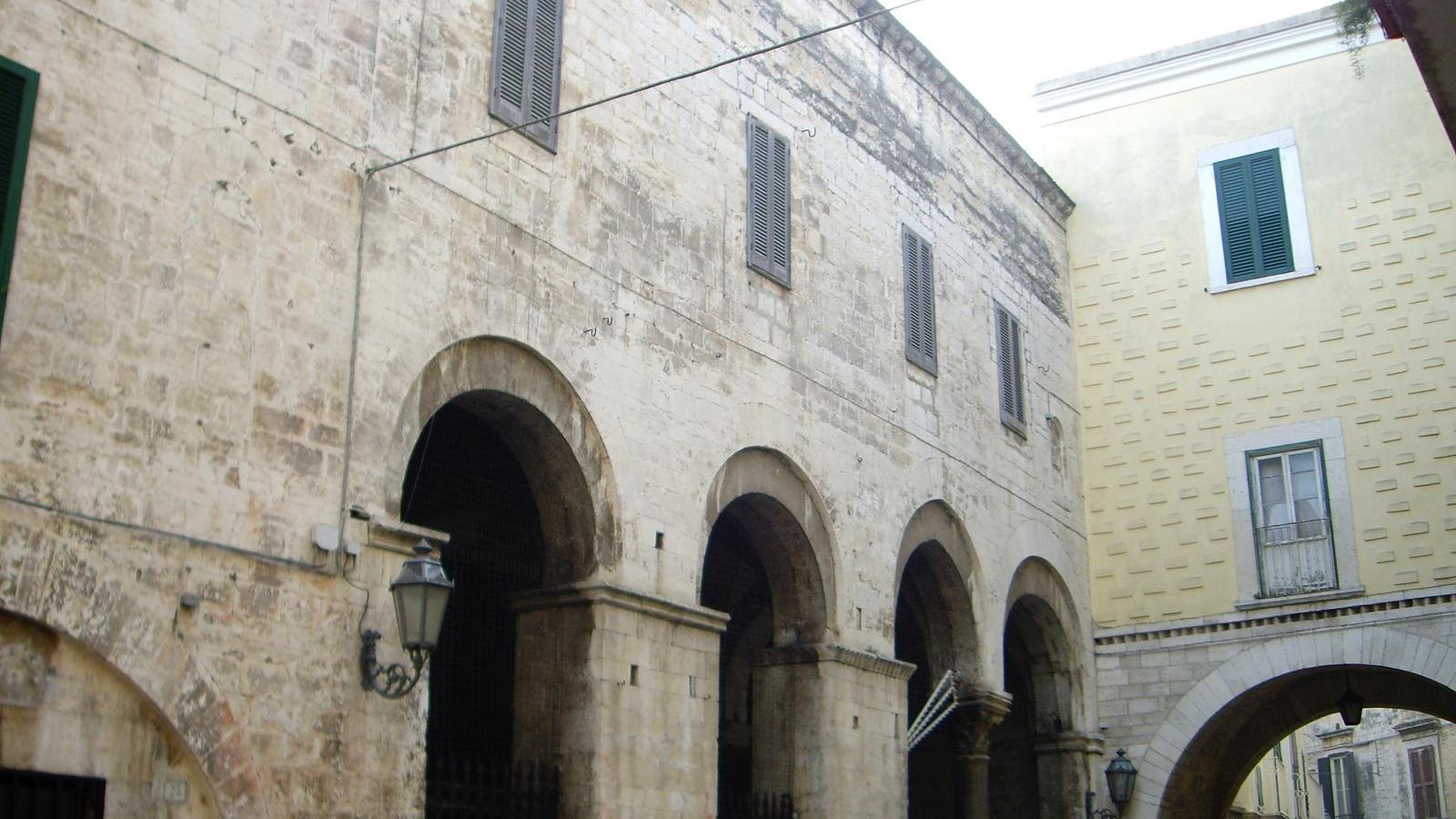
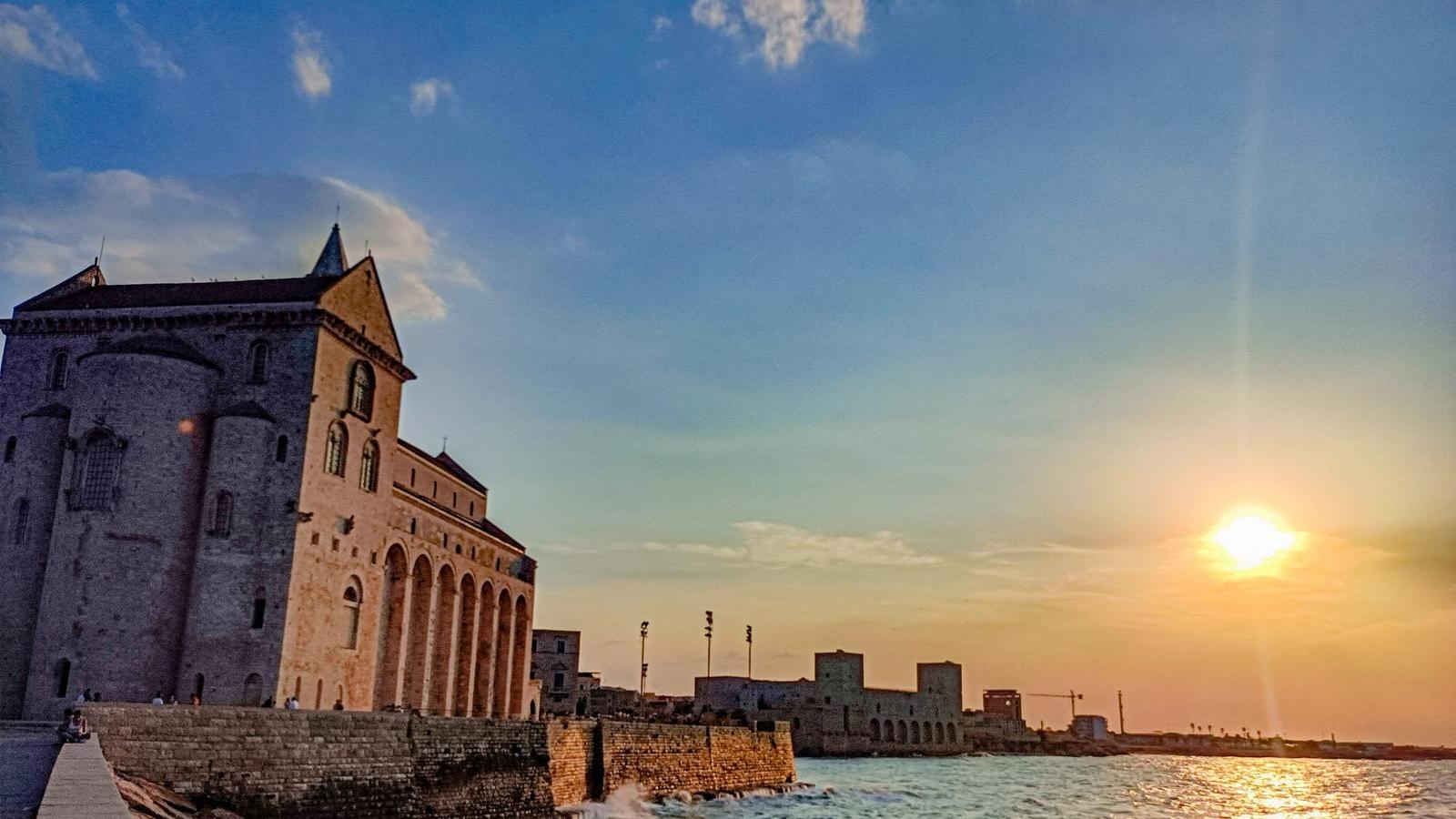
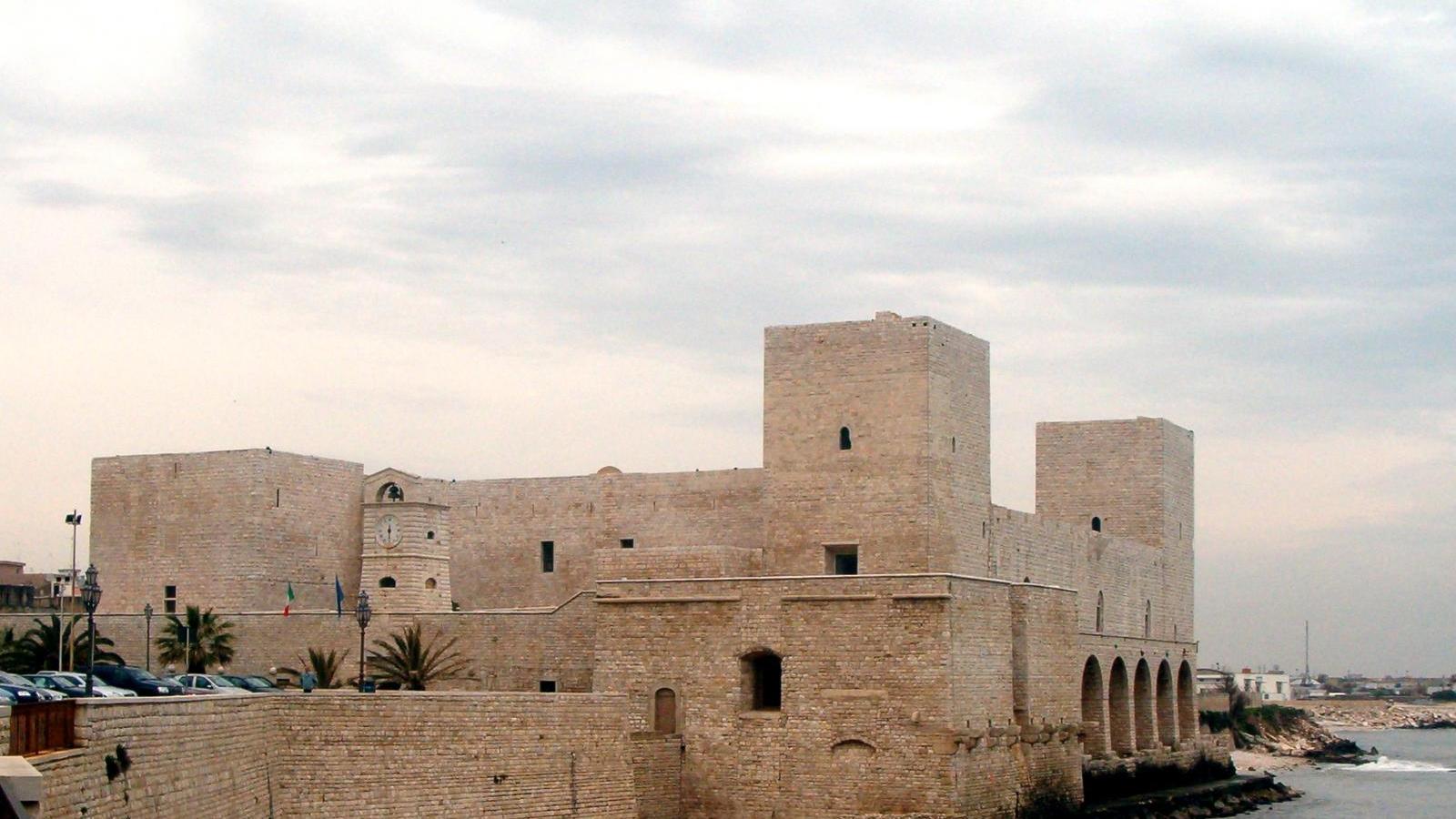
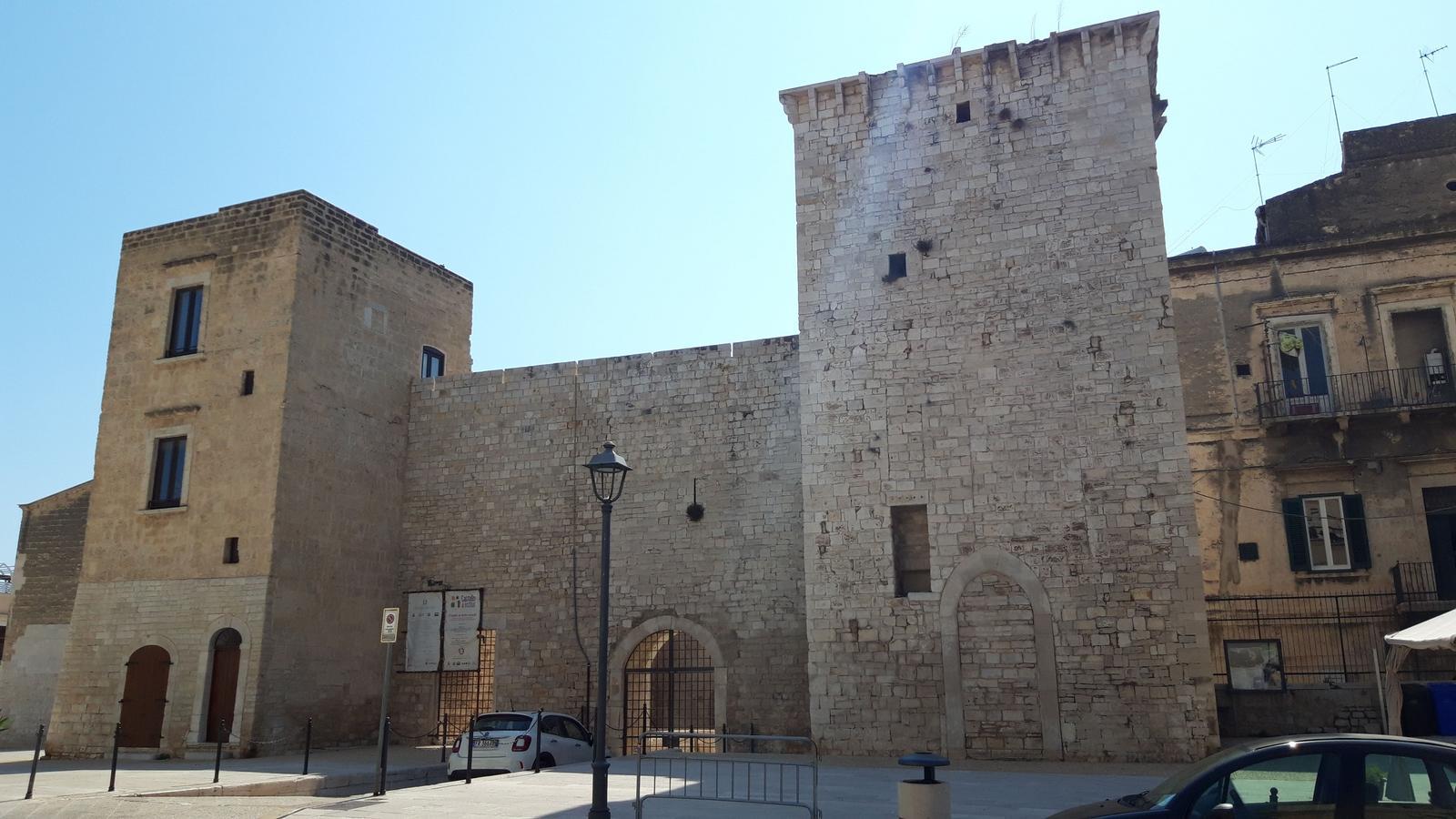
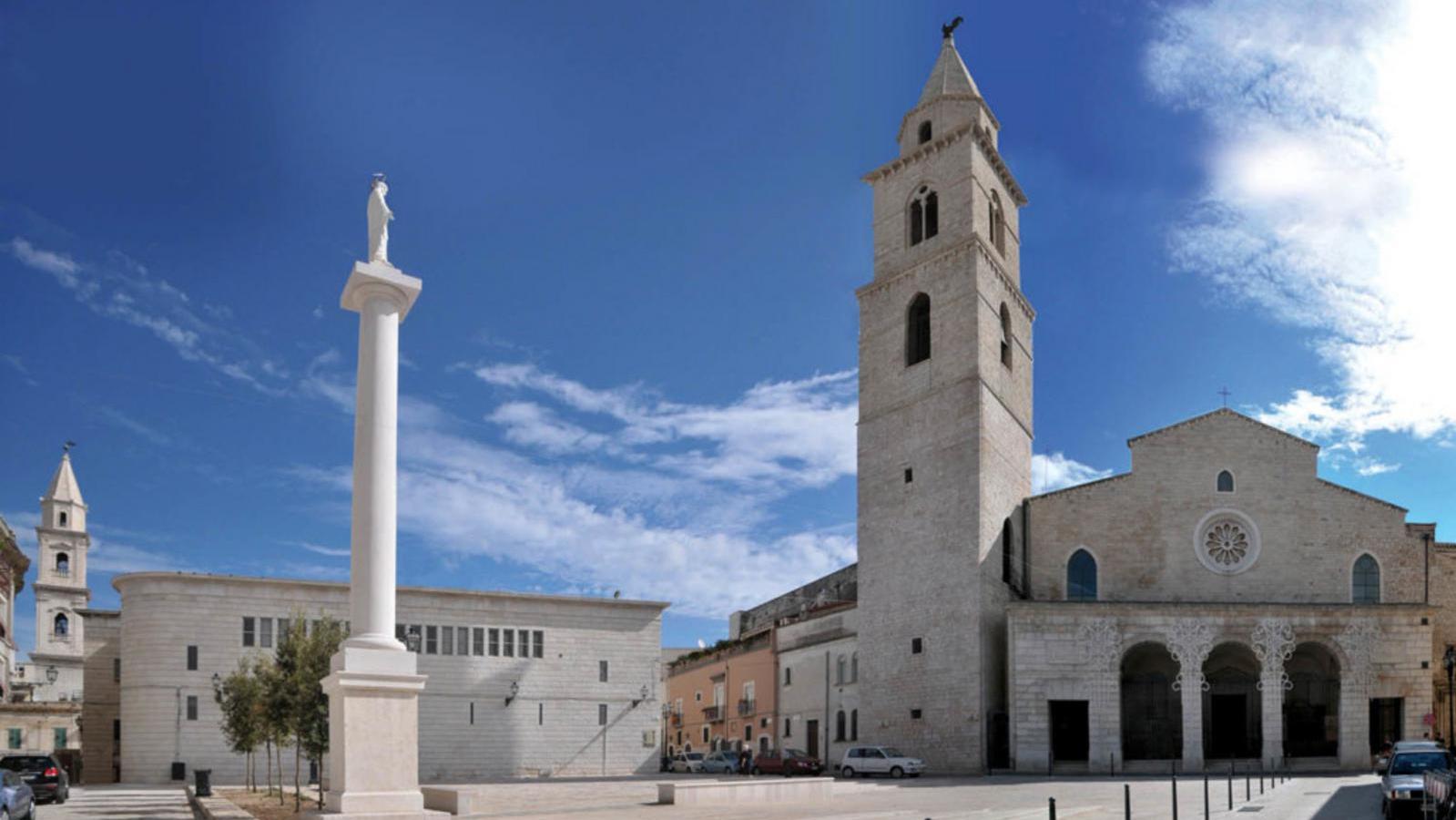
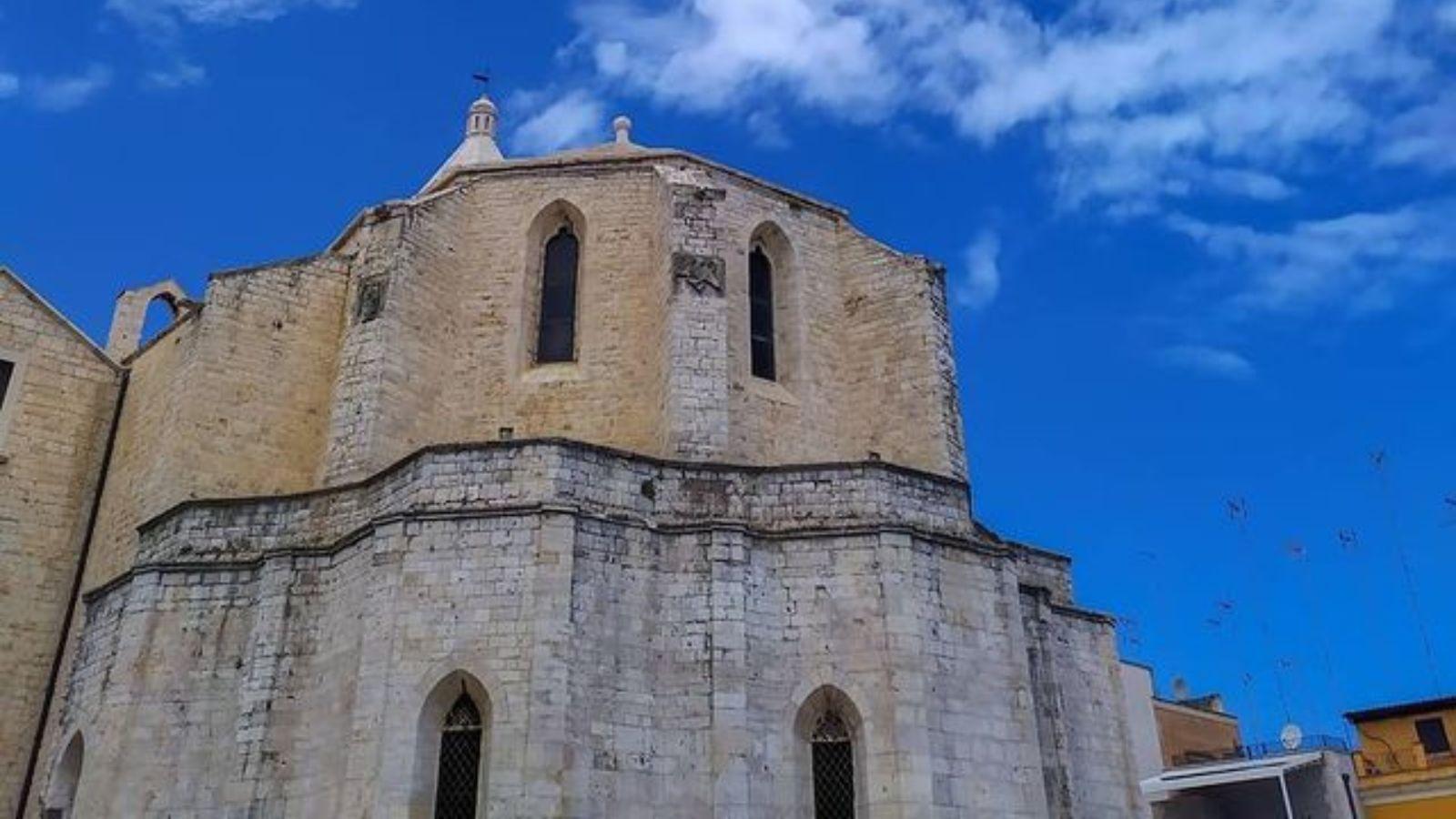
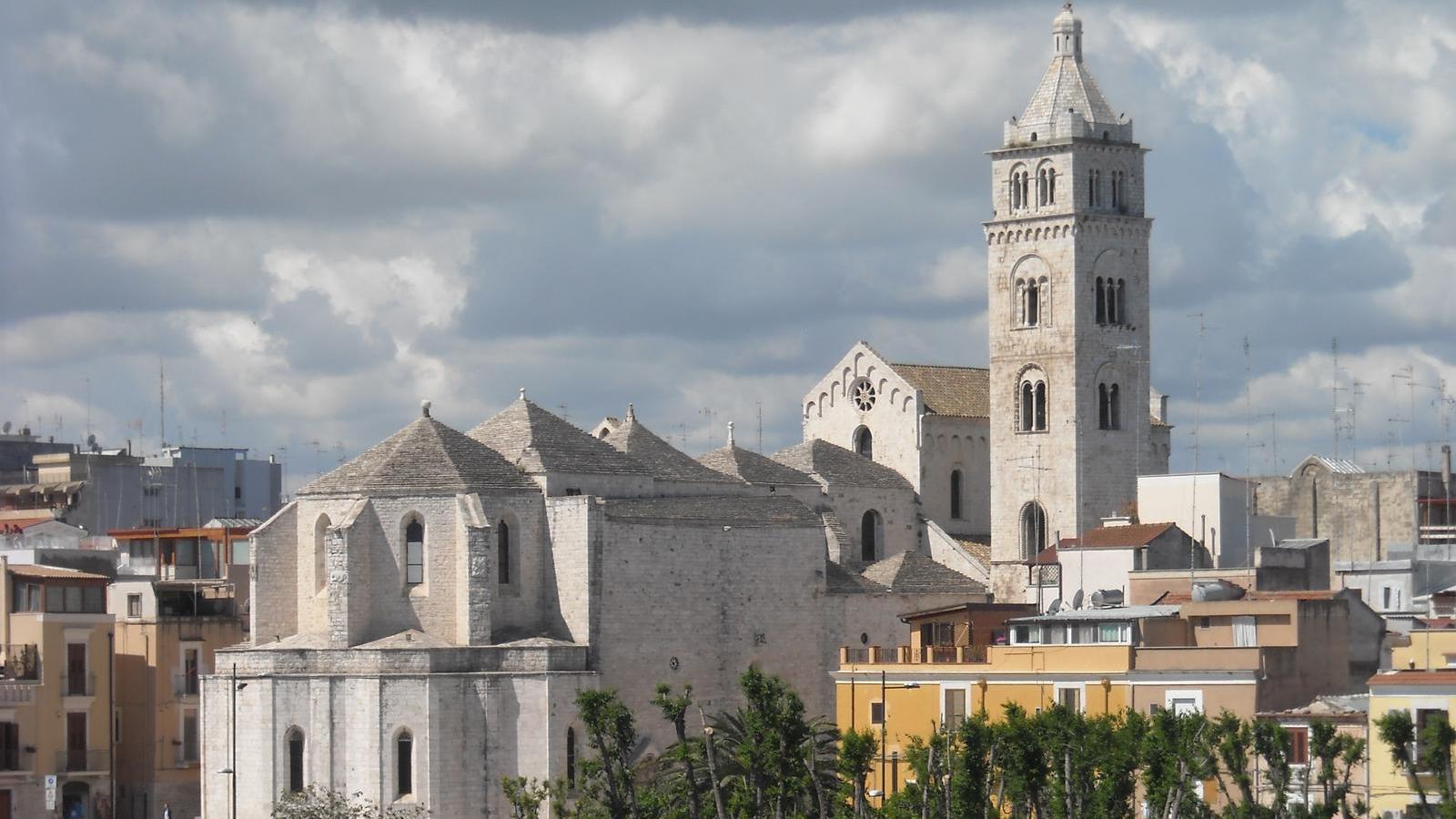


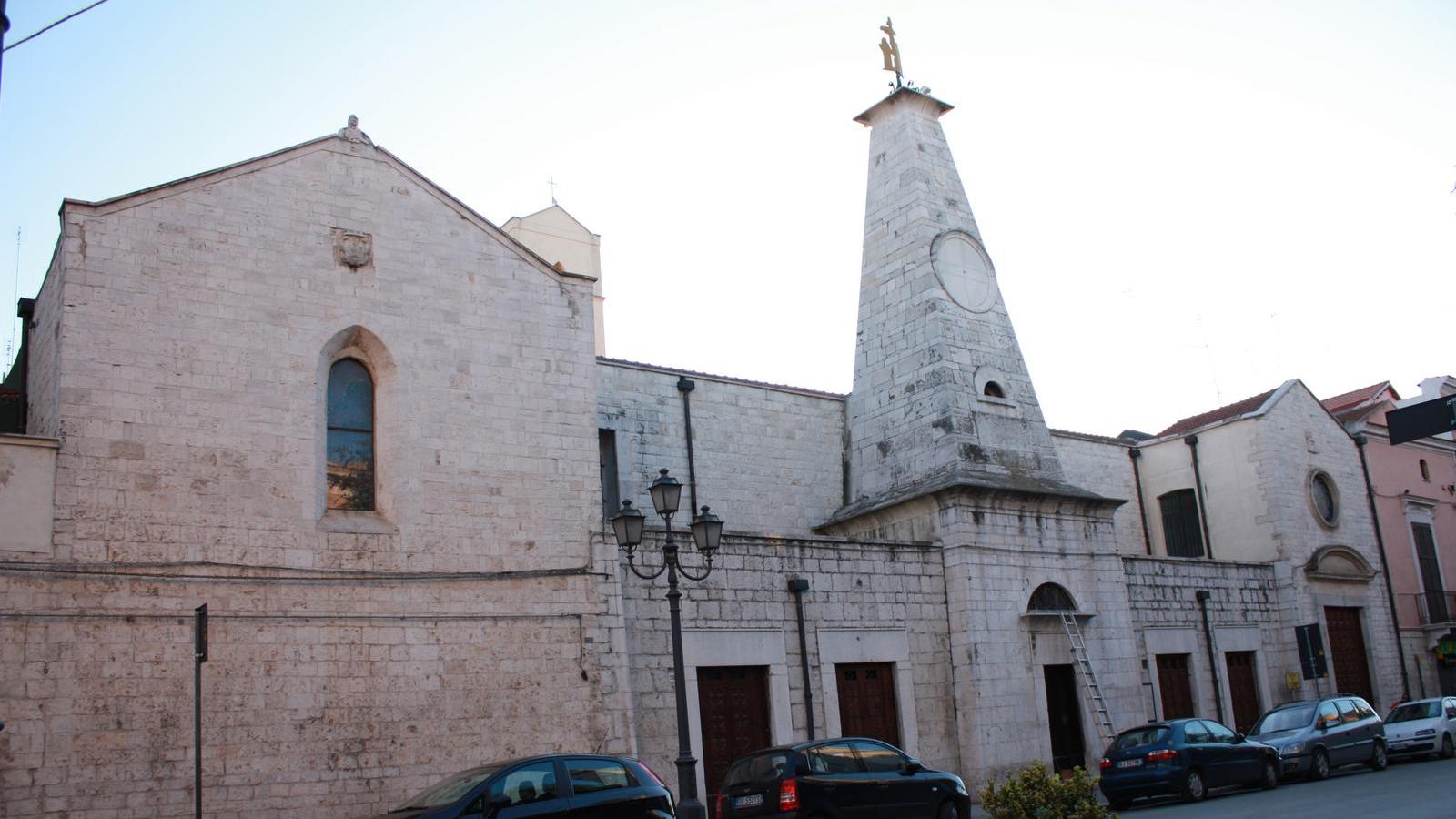
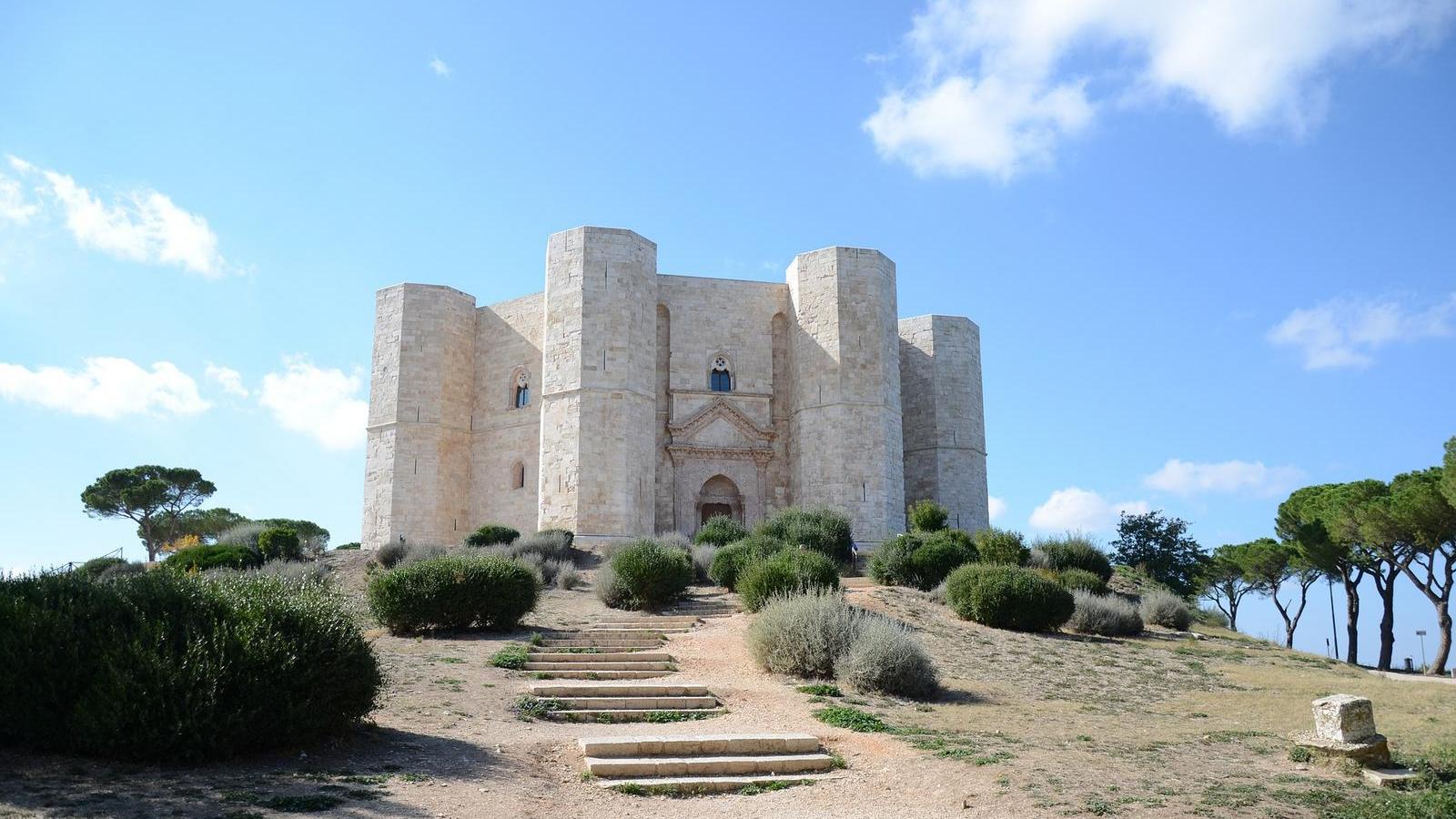
.png)

.png)
.png)
.png)

.png)

